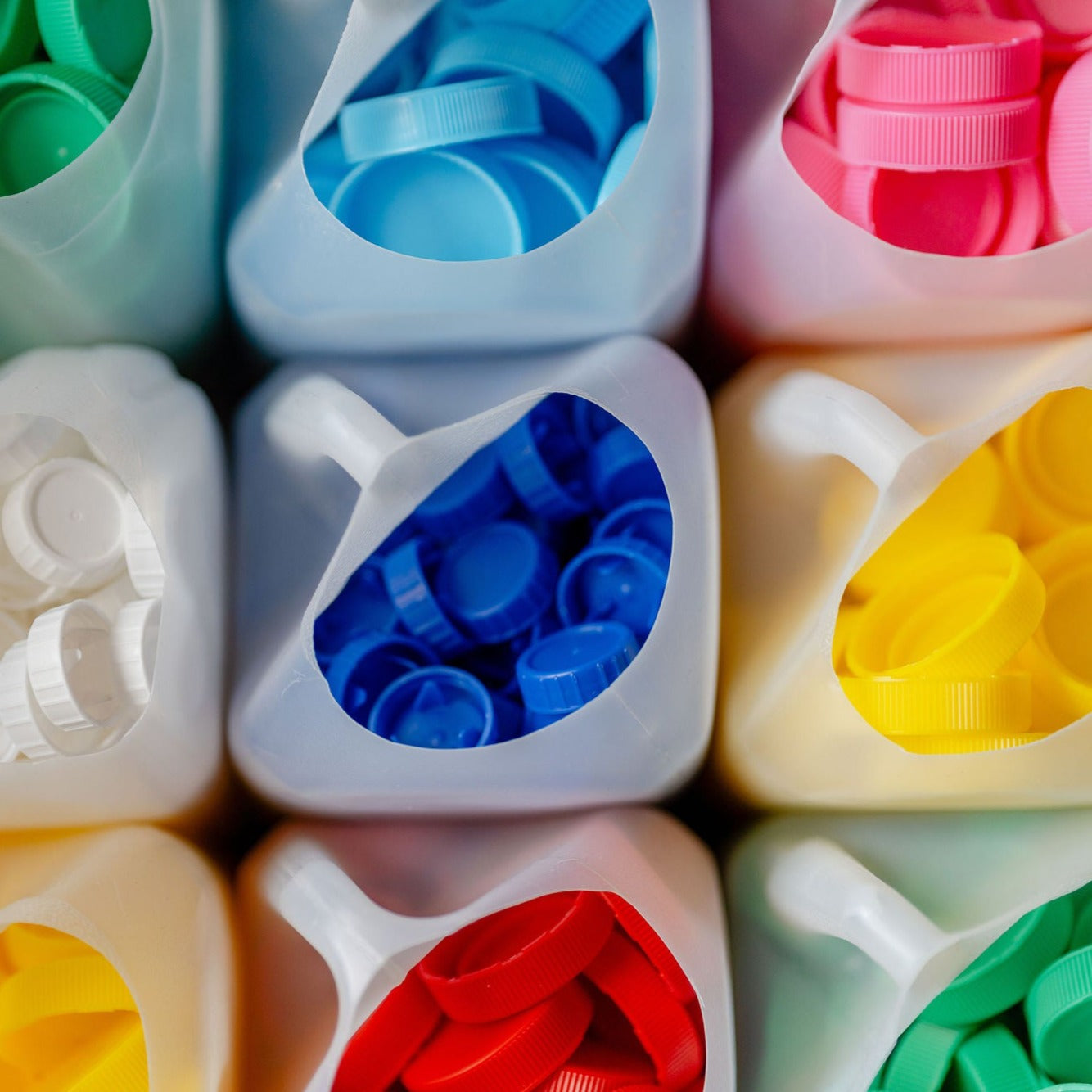
What you may not know about your daily cup of coffee

By Tayla Smith
Australians love coffee. We consume around 6 billion cups of coffee every year. For most of us (let's be honest 99% of us), our daily dose of caffeine is a non-negotiable when it comes to getting us through the day. We're pretty switched on when it comes to bringing our reusable coffee cups (slash getting better) and doing our part to reduce waste in other ways. However, what you may not know is that most spent coffee grind (the used coffee grind or the ‘waste product’) is sent to landfill but it gets worse.
So here’s the problem, when sitting in landfill spent coffee grind (as well as all other organic matter) produces methane gas. Methane gas is a type of greenhouse gas and is 28 times more potent than carbon dioxide. Plus it is also a big contributor to climate change.

When sitting in landfill, organic waste is broken down and methane gas is released into the earth’s atmosphere. Methane gas doesn’t actually spend as much time in the atmosphere as carbon dioxide, however, the 10 or so years that it is there has a huge impact on the planet. Methane gas retains heat and warms the Earth faster than carbon dioxide. Over the past two centuries, human activity has almost doubled the amount of methane gas found in the earth’s atmosphere. Which is why it’s so important that we’re changing our waste and recycling behaviours.
A study conducted by Planet Ark found that in Sydney alone, only 7% of 921 cafes sent their spent coffee grind to be used as compost or for farming purposes. While the other 93% of cafes sent their spent coffee grind to landfill. That means that approximately 3,000 tonnes of spent coffee grind was sent to landfill from Sydney cafes alone, now imagine the rest of Australia. To give you a rough idea, 1 tonne
of organic waste can produce between 1.2 – 1.9 tonnes of greenhouse gases.

But it’s not all bad news. Spent coffee ground doesn’t have to end up in landfill at all. Grind is super rich in nutrients making it an amazing resource for compost, gardens, mushroom farming and worm farming.
There are local organisations and local councils who are already collecting spent coffee grind for composting and community gardens (such as Reground in Melbourne and Planet Ark in Sydney). If you’re keen to use spent coffee grind for your home gardening and composting needs, ask your local café if they could save their spent coffee grind for you.
Tayla has a passion for researching and writing about our overall health, wellbeing and the environment. After completing her Bachelor’s Degree in Public Health and Health Promotion, Tayla has focused on becoming a freelance writer. Contact her via email, website and social media coming soon.

